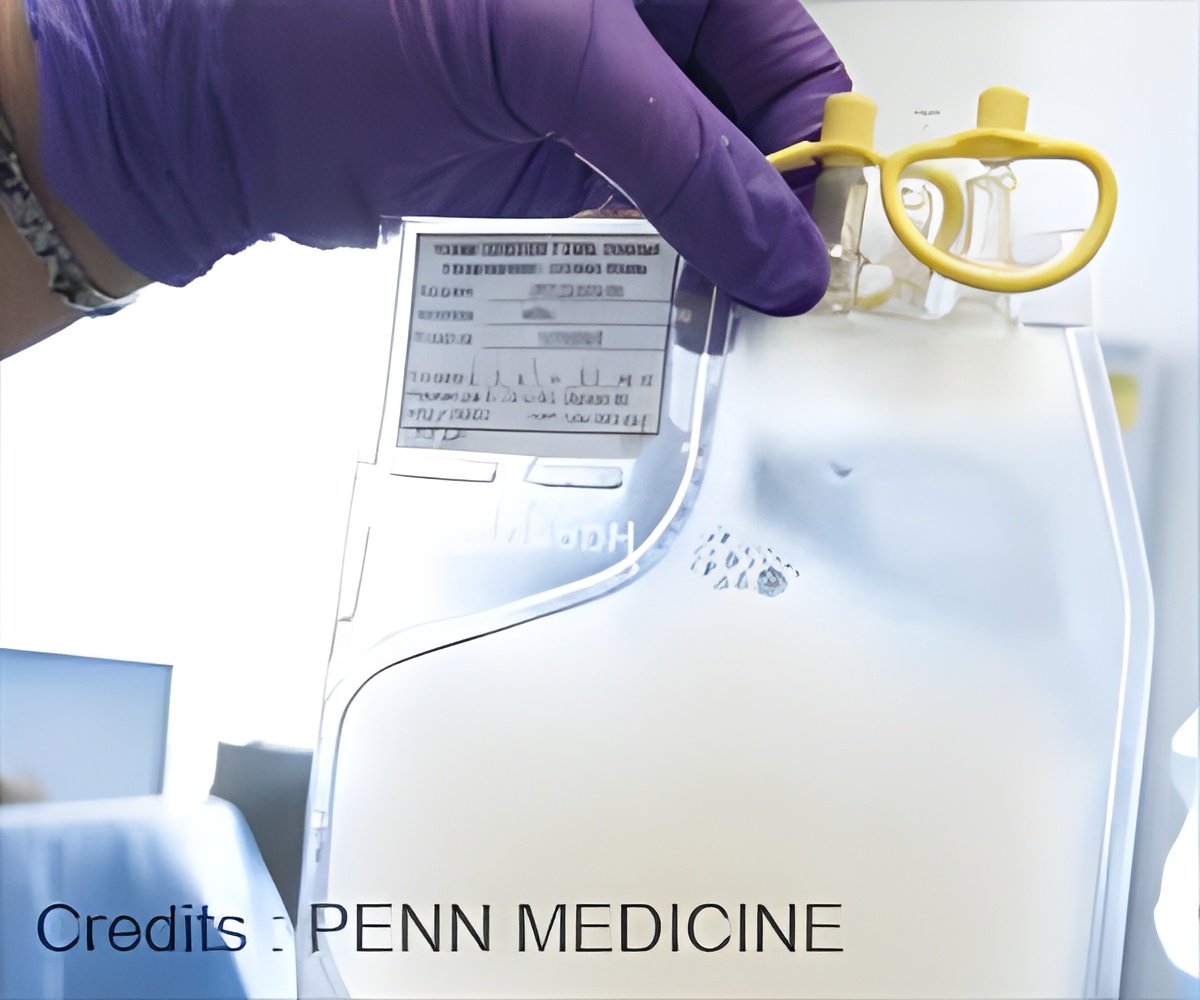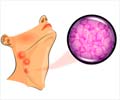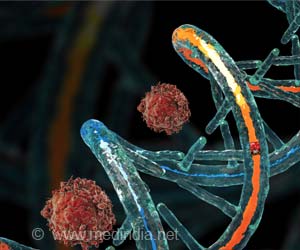Treating non-Hodgkin's lymphoma (NHL) patients with radiation therapy as an additional treatment while they wait for their CAR T cells to be manufactured may reduce the risk of CAR T therapy side effects once it is administered.

Michael LaRiviere, MD, a resident in Radiation Oncology in Penn's Perelman School of Medicine, will present the findings today at the American Society for Radiation Oncology Annual Meeting in Chicago (Abstract #135).
"Our findings suggest that not only does radiation not interfere with the efficacy of CAR T, it may even carry a benefit for NHL patients," said the study's senior author John Plastaras, MD, PhD, an associate professor of Radiation Oncology at Penn.
Chimeric antigen receptor T cell therapy, known as CAR T, was pioneered by researchers at the University of Pennsylvania and is the first personalized cellular therapy approved to treat cancer by the U.S. Food and Drug Administration (FDA). The treatment modifies patients' own immune T cells, which are collected and reprogrammed to potentially seek and destroy the patients' cancer cells. After being infused back into patients' bodies, these CAR-expressing T cells both multiply and attack, targeting cells that express a protein called CD19.
Tests reveal that this group of hunter cells can grow to more than 10,000 new cells for each single engineered cell patients receive, producing high remission rates. They can also survive in the body for years. There are currently two commercial versions of the therapy approved for use by the FDA in NHL.
This study evaluated the medical records of 31 patients receiving either of the commercial CAR T therapies and categorized them into three groups. One group received radiation after their cells were collected for CAR T manufacturing but before their infusion, a period of 30 days or less. A second group of patients had received radiation at some point during their cancer treatment but not specifically as a bridging therapy before CAR T infusion. A third group received no radiation therapy at all.
Advertisement
"These data are consistent with other reports of patients treated with radiation prior to CAR T therapy, meaning we are starting to see a growing amount of evidence that adding radiation to CAR T therapy is safe and may have potential benefits," LaRiviere said.
Advertisement
Source-Eurekalert















